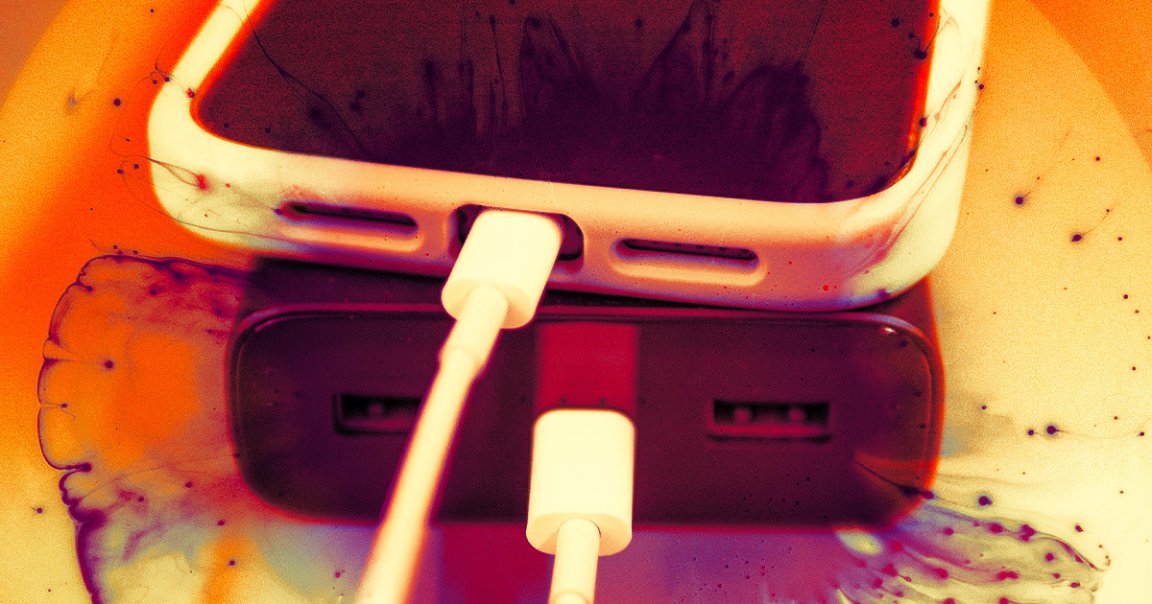
Speed Demon
There’s fast charging, and then there’s fast charging.
Chinese electronics company Realme has just revealed a new battery charger that it claims can fully top up a smartphone in well under five minutes, LiveScience reports, making it the fastest smartphone charging tech in the world.
The “320 W SuperSonic Charge” can fill a battery cell up to 26 percent in one minute, over 50 percent in two minutes, and takes just 4 minutes and 30 seconds to reach a full charge — which narrowly edges domestic competitor Redmi’s 300W charging tech at 4 minutes and 55 seconds, according to GSMArena.
And this isn’t just what the tech can do in a lab. In a live demonstration at the Realme Fanfest event on Wednesday, the charger filled a smartphone from 2 percent to 100 percent in an astoundingly quick 4:20 seconds, which is about a full percentage of charge every 2.65 seconds.
But when or if the tech will ever hit the mainstream remains to be seen. For now, Realme’s charger is not much more than an impressive tech demo.
Multipronged Approach
It’s not some black magic enabling Realme’s ludicrous charging speeds. The company said its tech works by charging multiple battery cells simultaneously, instead of just one at a time; most phone manufacturers, including Apple and Android, only use single-cell batteries.
Providing an ungodly amount of wattage definitely helps, too. Generally, smartphone chargers only use five to twenty watts. Fast chargers for iPhones typically don’t go higher than 30 watts, though many competitors for other smartphone brands offer 60 to 100-watt chargers. Laptops, meanwhile, typically need around 60 watts to charge, with fast options offering 140 watts.
But Realme’s super-speedy charging won’t work on just any phone. For its demonstration, the electronics manufacturer used a specially built, 4,420 mAh battery with four separate cells to sap up all that power, which was folded to fit inside the smartphone used in the demonstration.
Warp Drive
It’s unclear when Realme will debut this technology commercially. The capabilities are undeniably impressive, but it might be way more than consumers would ever practically need.
And, as we mentioned earlier, there may simply not be a market for this yet, since most phones only use single-cell batteries. And for good reason: pound-for-pound, multi-cell batteries tend to have lower capacities.
There are also potential concerns over how this would affect your phone’s battery health. Proper fast charging is considered pretty safe and standard, but 320 watts might be pushing it.
But, all told, it’s assuring to know that these speeds are at least possible. And who knows: maybe someone will figure out how to make this stuff work for the rest of us.
More on battery tech: Apple Battery Supplier Working on New Battery Material With 100 Times the Energy Density of Current Tech